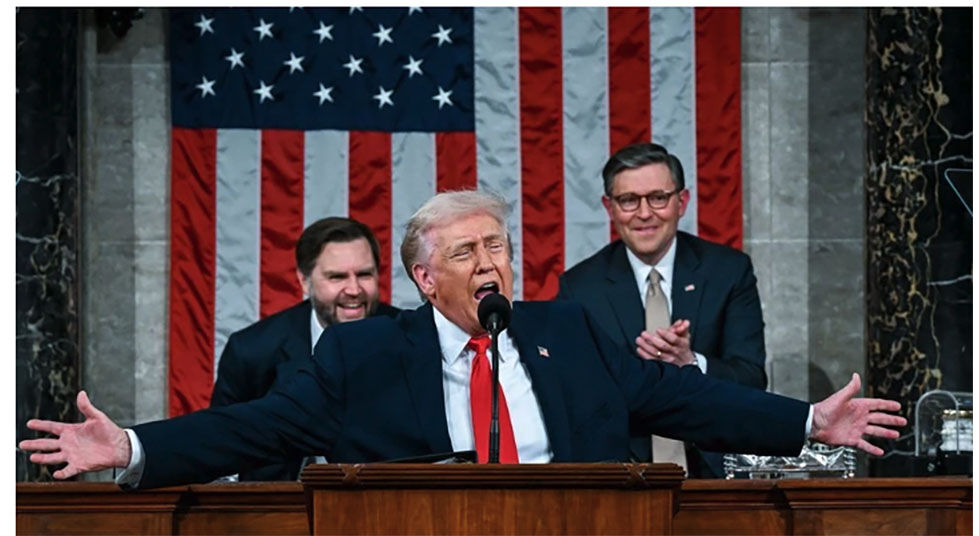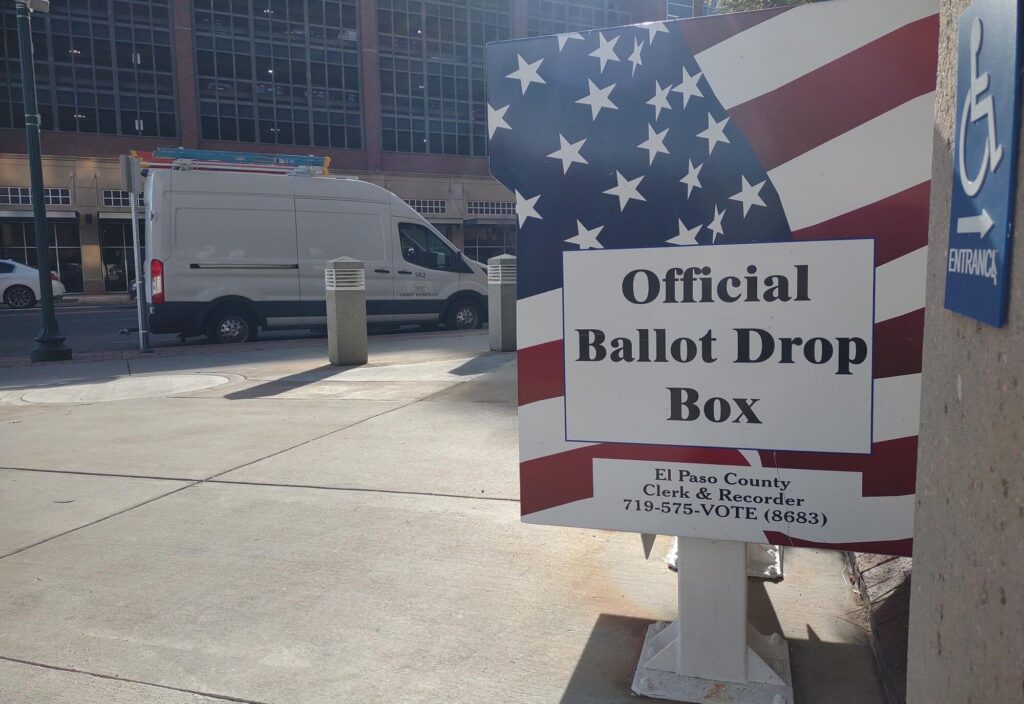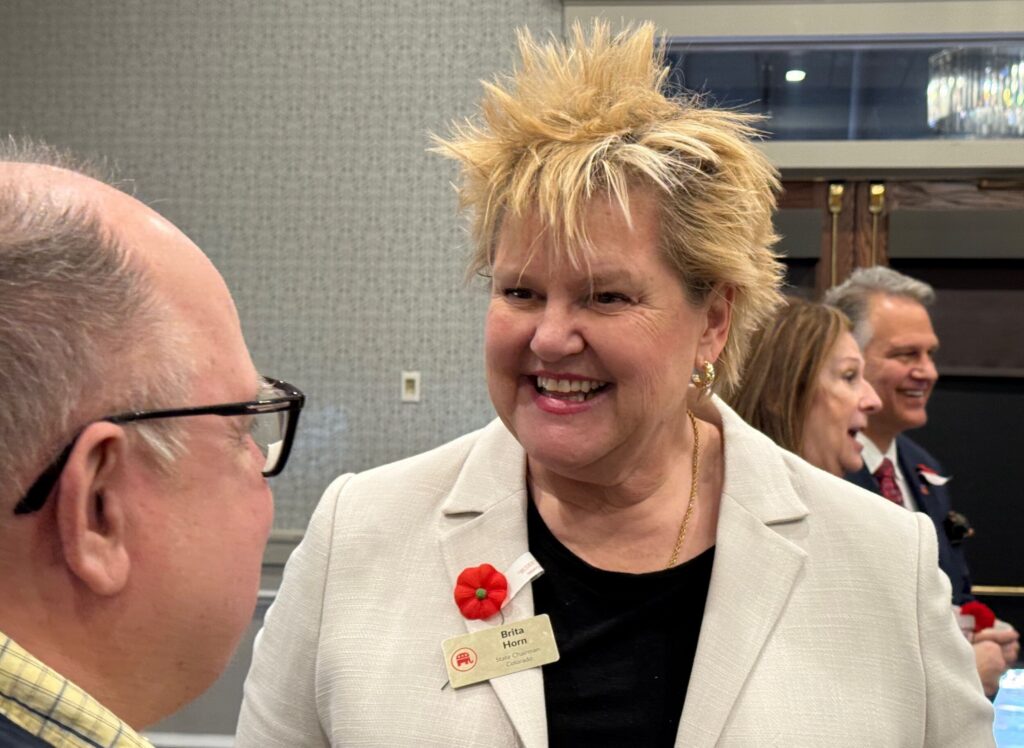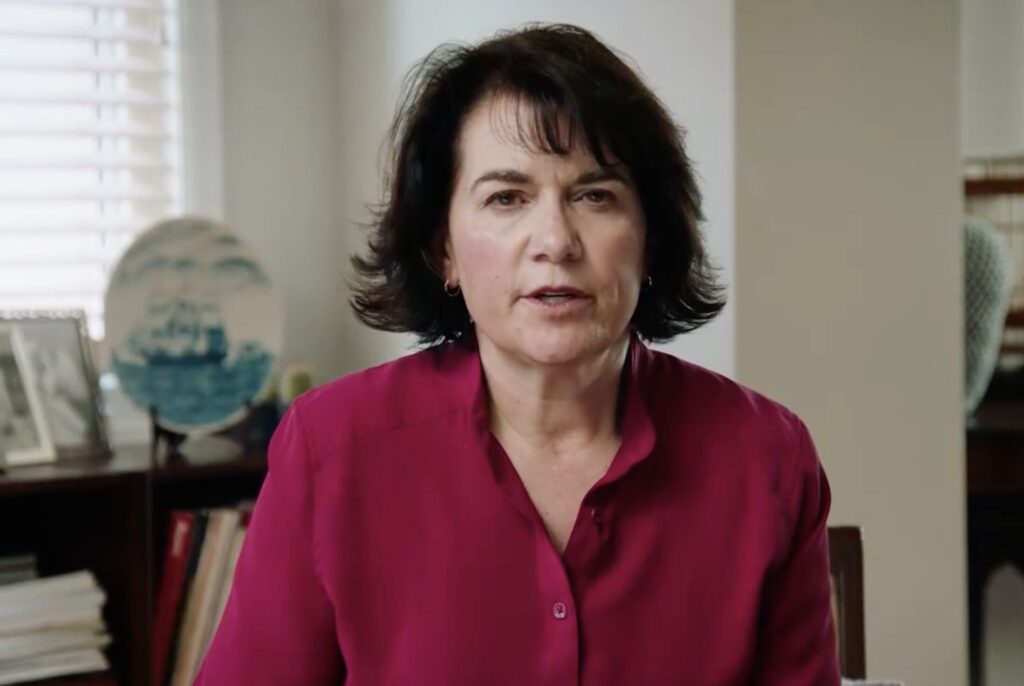Steamboat commits to open government; now, please, shut the door
Transparency ain’t what it used to be in Steamboat Springs.
Last year four new people were elected to the seven-member City Council. They vowed to restore trust and transparency after a bruising internal investigation into the mountain town’s two top cops that led to their departure, reports Scott Franz of the Steamboat Pilot newspaper.
The new council members and much of the town felt less than adequately informed about what investigators learned about allegations of sexism, intimidation and policing for profit leveled by a former city investigator.
That was then.
In reality, the council has met behind closed doors in “executive session” more than any other in Steamboat Springs in more than a decade, Franz reports in an excellent piece of watchdog journalism.
The new council has excluded the public from a portion of 42 percent of its regular and special meetings.
Having covered government for more than 25 years, I can tell you that’s a whole lot of closed-door meetings. That’s about twice as often as the school board meets in private, and the Routt County Commission does it about once every three months, according to Franz.
There had to be important reasons for the reformist council to meet in private-dicey, competitive real estate deals, perhaps the good name and character of a beloved city servant?
Franz elaborates:
The current council has huddled behind closed doors 13 times since November 2015 to discuss such things as possibly changing a joint-use agreement with the Steamboat Springs Winter Sports Club, the fate of a historic barn and the repayment of a home loan the city gave to a former city manager.
Since it was behind closed doors, we’ll have to take council’s word for that.
The state’s Sunshine Law allows for such meetings, but when you’re in the business of restoring trust it would seem like a task that should be performed in the sunshine as often as possible.
Steamboat City Council President Walter Magill was surprised by Franz’s finding and speculated the spike in executive privacy could be attributed to the council hiring a city attorney and city manager, as well as being briefed on that, um, internal police investigation.










